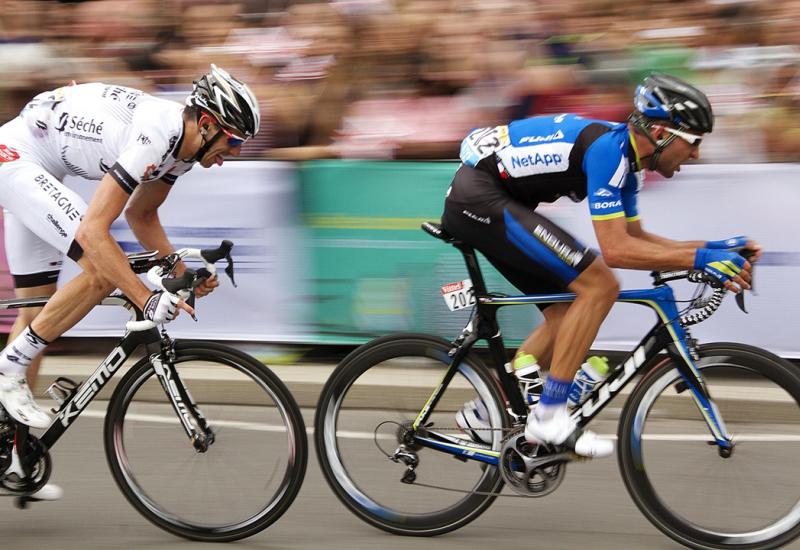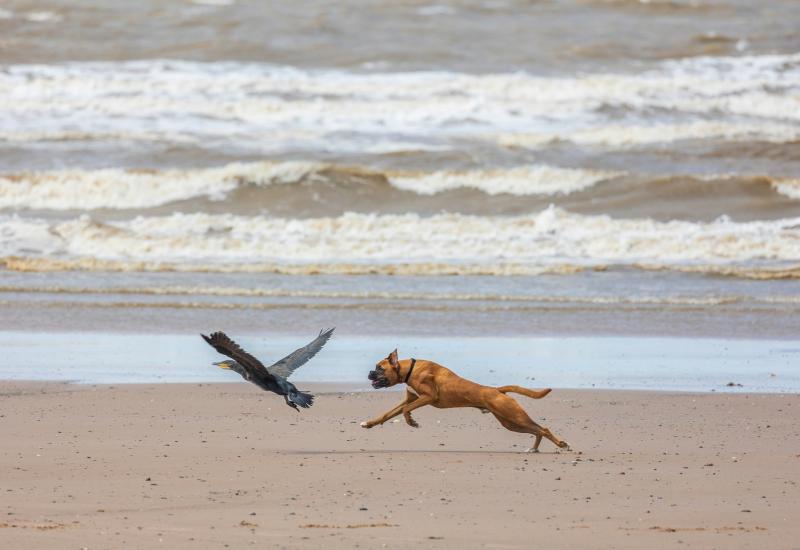
Uncontrolled trial strategy sinks UroGen
The company's refusal to run a randomised pivotal study of UGN-102 leads to an adcom thumbs down.
The company's refusal to run a randomised pivotal study of UGN-102 leads to an adcom thumbs down.

When the FDA recommends that you run a randomised pivotal trial, you'd better run a randomised pivotal trial. This is the message from Wednesday's advisory committee meeting concerning UGN-102, the intravesical mitomycin formulation that UroGen filed for low-grade, intermediate-risk, non-muscle invasive bladder cancer (NMIBC).
It's largely because UroGen opted for a single-cohort study – apparently in the face of "repeated" FDA advice to run a randomised trial – that UGN-102 received a 4-5 vote against its benefit/risk in this setting, sending UroGen stock crashing 45%. Still, that's a strict interpretation of just one aspect of the agency's guidance, which clearly left room for UroGen to proceed as it did.
It's possible also that the relatively early setting of the bladder cancer in question served as a factor against an uncontrolled approach. NMIBC at this stage has no currently approved drugs, typically being treated with transurethral surgery. In contrast, there has been a flurry of recent approvals for high-risk NMIBC, where BCG is the standard of care.
What design?
According to the adcom, UroGen had proposed various pivotal trials for UGN-102 going back 10 years, including randomised superiority and non-inferiority, and single-arm designs. The "FDA recommended and encouraged randomised trial design several times", according to the agency's speaker, Sundeep Agrawal.
In fact, UroGen did in 2021 start a randomised trial called Atlas, where UGN-102 was compared against surgery. But Atlas was halted a few months later at 40% enrolment; instead UroGen began Envision, the uncontrolled single-cohort trial whose resulting 78% three-month CR rate (among 223 patients) backs the current UGN-102 filing.
Reasons for running Envision were partly financial, but the FDA admitted that it did guide UroGen that a single-arm design "could possibly serve as a major trial to support approval" – with the added stipulation that in this case an adcom would have to be convened.
UroGen argued that a drug like UGN-102 had clear advantages over surgery, which might not resect the whole tumour, and comes with added risks because of general anaesthesia and other complications. Dr Max Kates, an Envision investigator, said over 80% of responders to UGN-102 were in response at 18 months; as a result 70% of patients avoided surgery in the first year, and 63% in the first two years.
The adcom apparently had no problem accepting the headline 78% CR rate, a figure in line with the 73% gleaned from 51 of the Atlas enrollees who met Envision's criteria. There was some uncertainty about the interpretation of response durability, however, which was said to be possibly due to natural course of disease.
Benign, up to a point
The tone of the adcom discussion seemed relatively benign, though the question and answer session featured an intervention from Richard Pazdur, director of the FDA's Oncology Center of Excellence, slamming the suggestion that randomised trials might not be appropriate in all situations.
"If we say that a single-arm trial suffices, guess what? Nobody is going to do a randomised trial," Pazdur stated. However, he made it clear that this concerned future pivotal studies in this setting, rather than the UGN-102 filing in particular.
Nevertheless, the vote went against UroGen, with the sharpest criticism delivered by the adcom's chair, Daniel Spratt, who said three-month CR was an "unbelievably short endpoint for an indolent disease". He also cited increased toxicity as well as the large cost of a treatment that won't, ultimately, change a patient's requirement for subsequent surgery.
The vote was narrow, and the FDA isn't obliged to follow it, but the market seems to have decided that UGN-102 won't be approved by its 13 June PDUFA date.
1779













